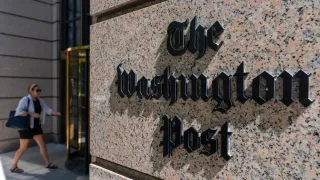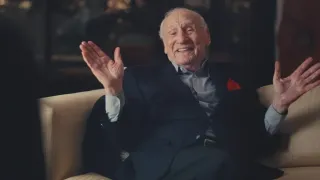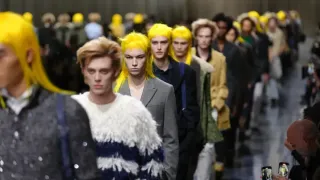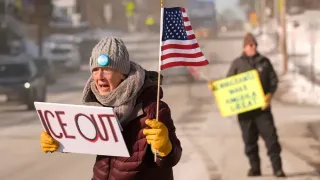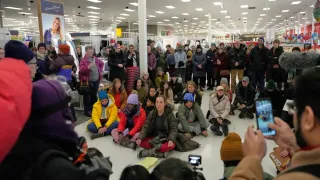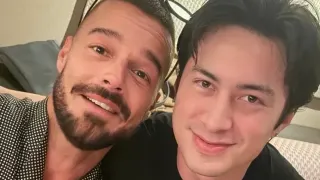April 6, 2024
Gay Twitter Swoons as Johnny Sibilly Introduces His New Man
Kilian Melloy READ TIME: 1 MIN.
Gay Twitter had a soft spot for Johnny Sibilly's man when the "Queer As Folk" and "Pose" star hard launched him.
Sibilly took to X (formerly Twitter) on March 26 to introduce his guy, whose name, Out reported, is Phillip Davis.
Sibilly's post was simple: a heart emoji and an adorable snap of himself and his new boyfriend snuggling up close.
Out spilled a whole thermos of piping hot tea about Davis, relaying that Sibilly had confirmed the relationship and detailing that Davis "is a former gymnast and cheerleader who lives in South Florida."
"With tens of thousands of followers across his social media pages, Davis also maintains a page on OnlyFans," Out noted, before directing readers to Davis' Insta, which is loaded with thirsty pics of the strapping man.
EDGE has its own selection of Davis' posts to browse.
Gay Twitter, meanwhile, was flipping out for Sibilly's flipped-sideways pic of the two lovebirds.
